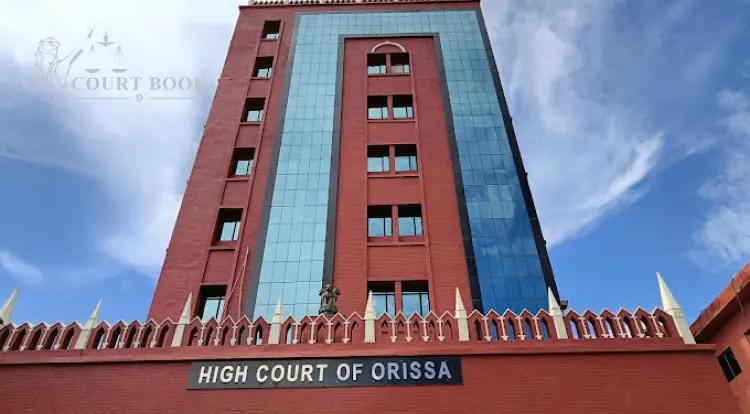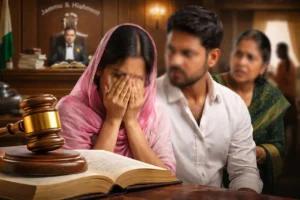The Orissa High Court has ruled that children born from a void or second marriage are entitled to inherit both the self-acquired and ancestral property of their Hindu father. This significant decision relies on Section 16 of the Hindu Marriage Act, 1955 (HMA) and the Hindu Succession Act, 1956 (HSA).
Read also: Orissa High Court: Police Dog Evidence is Hearsay and Requires Corroboration
“Section 16 of the HMA confers legitimacy on children born from void and voidable marriages, ensuring that they are entitled to inherit their parents' property. Under the HSA, legitimate children including those legitimised under Section 16 of the HMA, fall under the category of Class-I heirs, giving them an undisputed right to inherit the self-acquired property of their parents.” — Orissa High Court
Read also: Police Dog Cannot Testify In Court, Handlers' Evidence Requires Corroboration: Orissa High Court
Case Background
- The case began when the respondent filed a civil suit before the Family Court, Bhubaneswar.
- She claimed to be the legally wedded wife of Late Kailash Chandra Mohanty, citing marriage on 05.06.1966 as per Hindu customs.
- The appellant, on the other hand, was said to have only worked with the deceased and had no valid marriage with him.
- On 29.10.2021, the Family Court passed a decree declaring the respondent as the legal wife and heir.
Read also: Orissa High Court Declares Marriage Beyond Repair: Grants Divorce in Case of Mental Cruelty
- Dissatisfied with the decision, the appellant challenged the Family Court’s order in the Orissa High Court.
- The appellant stated she wasn’t given a fair chance to defend her case.
- The High Court found merit in this claim, and:
- Set aside the earlier Family Court ruling.
- Remanded the case for a fresh trial.
- As both parties were aged, the court temporarily divided the property's income in a 60:40 ratio (60% to respondent and 40% to appellant).
- After a fresh hearing, the Family Court on 12.12.2023 again declared the respondent as the legal wife and heir.
- The appellant again appealed, now questioning the inheritance rights of her children with the deceased.
Senior Advocate Banshidhar Baug, representing the appellant, argued that children from the appellant's relationship with the deceased are legitimate under Section 16 of the HMA, and therefore entitled to inherit as Class-I heirs under the HSA.
- The Family Court did not explicitly clarify the inheritance rights of the appellant's children, even though it discussed their status.
- The High Court clarified that:
- Section 16 of the HMA legitimises children born from void or voidable marriages.
- These children qualify as Class-I heirs under the HSA, eligible to inherit self-acquired property.
The Orissa High Court cited the Supreme Court’s decision in:
Revanasiddappa & Anr. v. Mallikarjun & Ors., 2023 LiveLaw (SC) 737, where the court said: “Section 16(3) limits such children's inheritance to the portion of joint family property which the parent would have received if a notional partition had occurred before their death.”
- Under Section 6(3) of the HSA, a notional partition is presumed before the father’s death to decide his share.
- Once the father’s share is identified, children from void marriages are entitled to that share.
“Before the devolution of the parent's property, a notional partition must be presumed to have occurred immediately before the parent's death. Once the share of the deceased parent is ascertained through this notional partition, the legal heirs including children born from void or voidable marriages are entitled to their rightful share in such property,” the Court noted.
- Children from the appellant’s relationship with the deceased are entitled to inherit:
- His self-acquired property in full, and
- His ancestral share, determined by notional partition, as he was a Mitakshara coparcener.
- The High Court modified the Family Court's order to include this.
Case Title: Smt. Sandhya Rani Sahoo @ Mohanty v. Smt. Anusaya Mohanty
Case No: MATA No. 04 of 2024
Date of Judgment: April 02, 2025
Counsel for the Appellant: Mr. Banshidhar Baug, Senior Advocate
Counsel for the Respondent: Mr. Bibekananda Bhuyan, Senior Advocate; Mr. S.S. Bhuyan, Advocate















